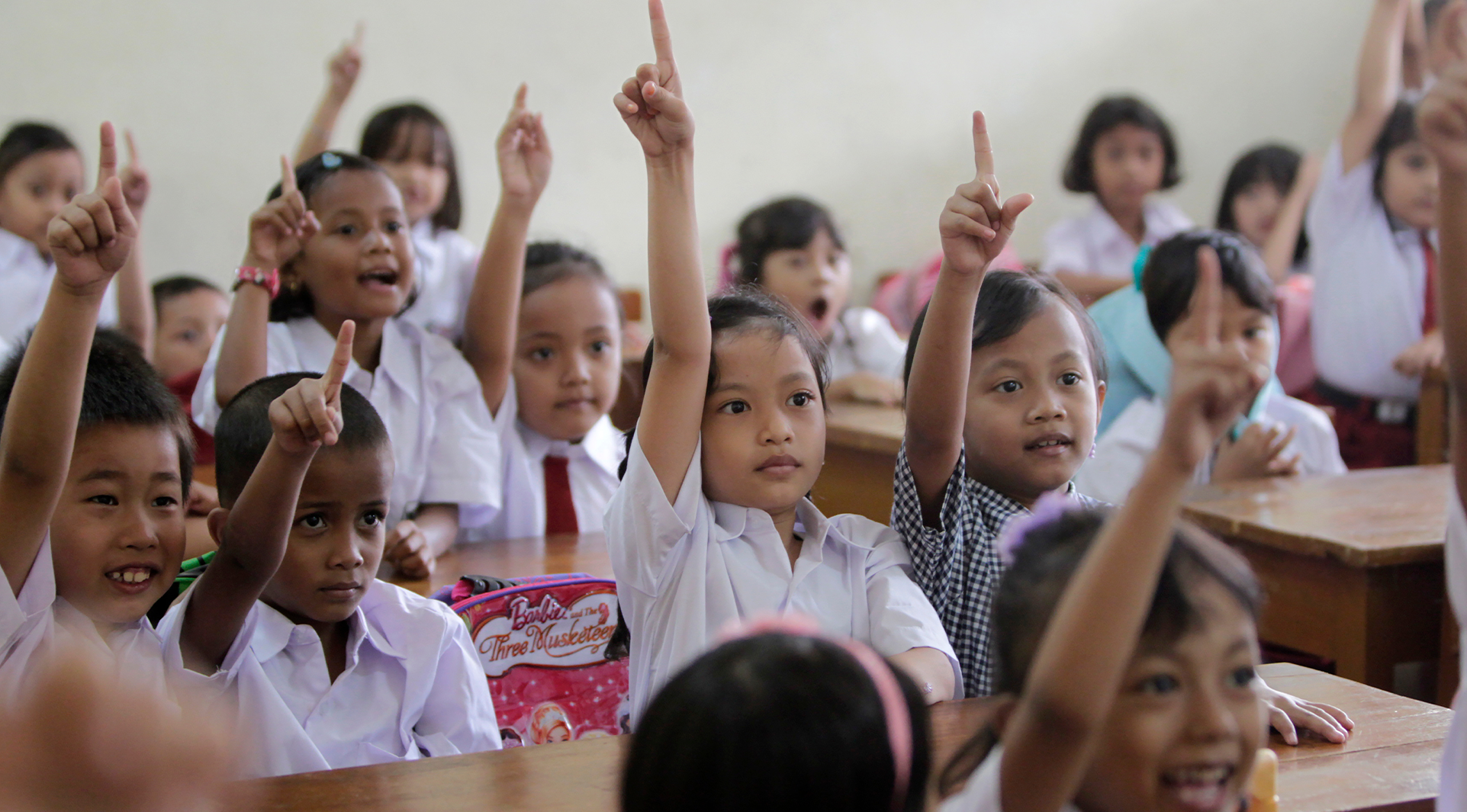New ROSIE report published on “How do government decisionmakers adopt education innovations for scale? Implications for national-level education policymaking in low- and middle-income countries”
Since 2014, the Center for Universal Education (CUE) at the Brookings Institution has sought to address the challenges of scaling impact in education through the Millions Learning project, which focuses on how and under what conditions quality education innovations scale. In 2020, Millions Learning joined the Global Partnership for Education’s (GPE) Knowledge and Innovation Exchange (KIX), a joint partnership between GPE and the International Development Research Centre (IDRC), to facilitate a cross-national, multi-team, design-based research and professional support initiative called Research on Scaling the Impact of Innovations in Education (ROSIE). ROSIE brings together researchers and practitioners working in 29 low- and middle-income countries (LMICs) to study processes of scaling education initiatives and to deepen impact of their ongoing work. Parallel to this work of learning alongside these scaling researchers and practitioners, they are pursuing a complementary qualitative study on how governments identify, adopt, and support education innovations to scale. It is that national level decisionmaking study on which these summary findings focus. Because this study is ongoing, these insights are provisional and will likely deepen and grow during the second round of data collection to be conducted during the final months of 2022. The final findings will be released in 2023.
Millions Learning ROSIE recently published a report by Brad Olsen and Omar Qargha titled “How do government decisionmakers adopt education innovations for scale? Implications for national-level education policymaking in low- and middle-income countries”. In the report, the authors write: “Provision of quality, inclusive, and equitable education remains one of the biggest challenges for LMICs. Two hundred and sixty million children are currently out of school, and as many as 8 out of 10 children in low-income countries are functionally illiterate by their 10th birthday. COVID-19 has intensified this, with early data suggesting the pandemic may have wiped out 20 years of education gains. Despite the efforts of global, national, and local actors, education improvement is moving too slowly and unevenly to address the magnitude of the need”.

